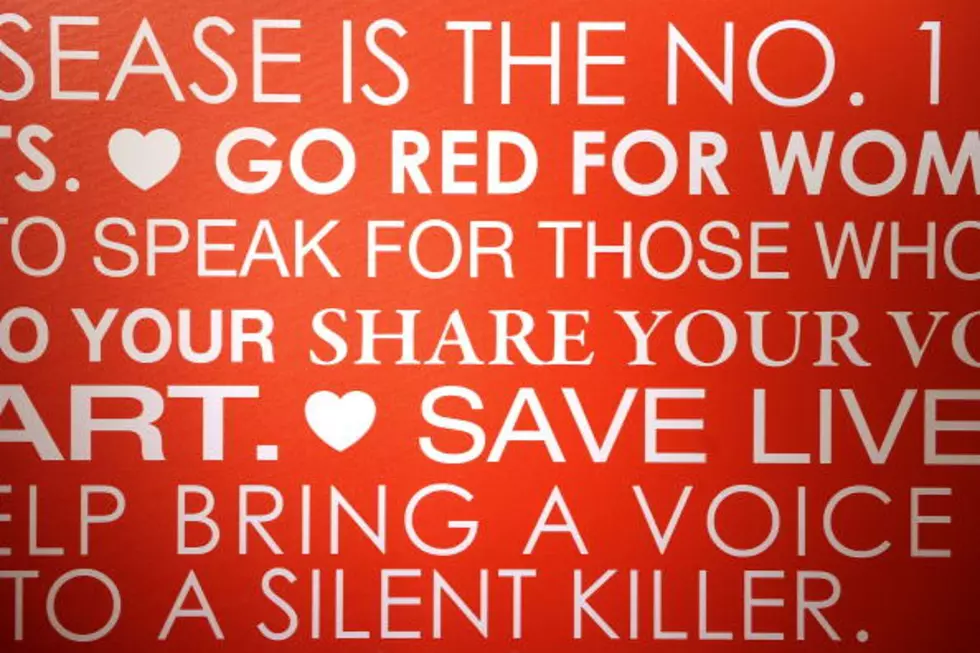
Heart disease takes nearly 18,000 lives in NJ every year
Heart disease is the number one killer in the nation and the world. One in three people nationwide and nearly 18,000 New Jersey residents die from heart disease each year.
In most cases, it is preventable.
"What we're really seeing is an epidemic in the risk factors that will ultimately wind up in coronary artery disease and those risk factors are appearing in younger individuals," said Gary Rogal, Chief of Cardiology for Barnabas Health and St. Barnabas Medical Center, told New Jersey 101.4 in 2014. "On the flip side, patients are living longer and longer because once they get to us, we have treatments that are very effective and prolong life."
Those risk factors, many of which are related to obesity and leading a sedentary lifestyle, not only include high cholesterol, but an unfavorable breakdown of the components of the cholesterol. Hypertension, diabetes, smoking and family history are becoming more prevalent as well.
Heart disease is a 50-50 deal, according to Rogal.
"If you come to me and you've got coronary artery problems, I'm going to take care of 50 percent of it, but the other 50 percent is on the patient because a lot of these issues are self-inflicted. If you're sedentary, if you're eating an improper diet, if you're smoking, you're going to have this problem or develop it at some point in time. The patient is empowered to take care of 50 percent of this," he said.
What role does stress play in heart disease? There may be some correlation with developing problematic issues with your heart arteries, but you cannot eliminate stress, according to Rogal.
"What it comes down to is how you deal with stress. If people remain active and can remain relatively lean throughout their lifetime, those affects do carry into your later years," he said.
For more information on Heart Health Month, visit The American Heart Association's website at heart.org.
More From New Jersey 101.5 FM









